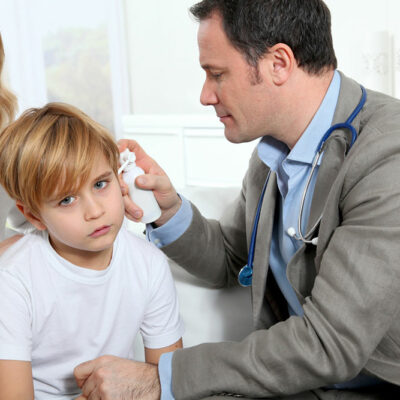
Causes and symptoms of ADHD
There are certain psychological conditions that can interfere with an individual’s normal functioning. One such condition that is known to affect children, teenagers, and continues into adulthood is attention deficit hyperactivity disorder (ADHD). In fact, ADHD is one of the most common mental disorder that is known to affect children. ADHD is characterized by hyperactivity and lack of impulse control. Moreover, children diagnosed with ADHD have a hard time concentrating on their tasks and paying attention.
Often, parents trivialize these symptoms to be the over-enthusiastic tendencies of a growing child. However, ignoring these symptoms will only worsen the child’s condition and pose hurdles in the child’s development. So, it is imperative for the parents to understand the causes and identify the symptoms of ADHD as it will help them seek immediate help.
Causes of ADHD
Though the exact causes of ADHD remain unknown, the following factors are linked to the development of ADHD:
- It is believed that ADHD runs in the family.
- The brain chemicals in people with ADHD are supposedly disproportionate.
- The areas of the brain that control attention are less active in children.
- Smoking, drinking, substance abuse, poor nutrition, and infections during pregnancy can increase the chances of the baby developing ADHD.
- A brain injury can increase the chances of a child developing ADHD. The damage to the frontal lobe can cause problems with controlling emotions and impulses.
Contrary to what people have grown to believe, ADHD is not caused by sugar and definitely isn’t triggered by watching too much TV. Also, another important fact that parents need to come to terms with is that ADHD cannot be prevented or cured completely. However, it can be managed with the help of appropriate treatment measures and lifestyle changes. Identifying the symptoms of ADHD immediately can help the child adjust to the condition better.
Symptoms of ADHD
The symptoms of ADHD are grouped into three different categories.
Inattention -A child with ADHD will face the following problems:
- Can be easily distracted
- Doesn’t appear to be listening
- Doesn’t follow directions or finish tasks
- Forgets about the daily routine
- Faces problems in organizing daily tasks
- Doesn’t pay attention and makes careless mistakes
- Often loses things
- Tends to daydream
- Cannot sit still and perform tasks that require sitting still
Hyperactivity – Children with ADHD are often hyperactive and will display the following symptoms:
- Cannot stay seated
- Often squirms, bounces, and fidgets when sitting
- Has trouble playing quietly
- Talks excessively
- Is always on the move (keeps running, climbing trees).
Impulsivity – Children with ADHD lack impulse control, and will display the following symptoms:
- Cannot wait calmly till their turn
- Interrupts others
- Blurts out answers
Symptoms of ADHD in adults
ADHD begins in childhood but can continue into adulthood as well. The symptoms one experiences as a child will manifest in adulthood in a different manner. The symptoms of ADHD in adults are as follows:
- Anxiety
- Low self-esteem
- Problems at work
- Chronic lateness and forgetfulness
- Substance abuse
- Trouble controlling anger
- Procrastination
- Unorganized
- Impulsiveness
- Easily frustrated
- Depression
- Chronic boredom
- Trouble concentrating when reading
- Mood swings
- Relationship problems
Although it is difficult to manage the symptoms of ADHD, with the right form of medication and therapy, people with ADHD can lead a normal life.


